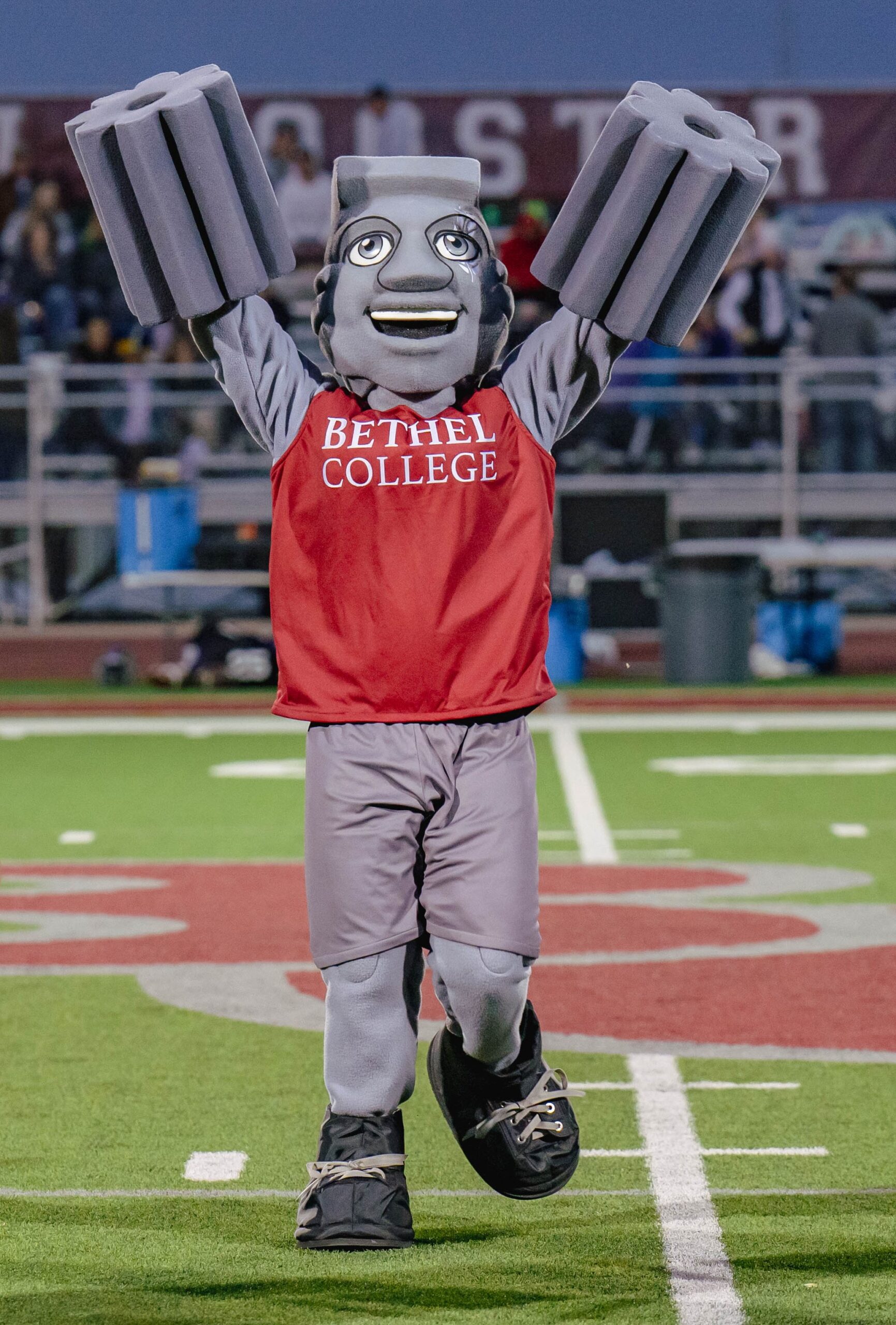Harmony in Action: Peace, Justice, and Conflict Studies Programs
The study of peace, justice and conflict management is a part of every student’s experience, regardless of religious affiliation or philosophical perspective.
Bethel places such high value on peace, justice and conflict studies that courses have been incorporated into the Common Ground requirement, allowing all students to explore PJCS issues through classes in multiple departments.
The peace, justice and conflict studies program reflects Bethel’s pioneering presence in this field:
- Bethel established one of the first undergraduate peace studies programs in North America (1972)
- Developed the concept that resulted in the Mennonite Conciliation Service (founded in 1976)
- started one of the first regional peace institutes in the country (1985)
- and served as founding host for the Peace Studies Association and the Consortium on Peace Research, Education and Development (now merged to form the Peace and Justice Studies Association)
Bethel is strongly committed to community development, conflict management and international development, growing out of our Anabaptist heritage. To reflect that commitment, we take seriously the idea that peace is an academic discipline that should be studied alongside other disciplines.
If you aspire to a profession in a peace-related career, combining a peace, justice and conflict minor with another major is excellent preparation for further graduate study and vocational training in the field.
Immersing yourself in peace, justice and conflict studies at Bethel will challenge your assumptions about the world around you, lead you to delve into a broad liberal arts curriculum and help you to view the world holistically. At Bethel, you can combine a peace, justice and conflict studies minor with any other major, or earn a Conflict Resolution Certificate from Bethel’s Kansas Institute for Peace and Conflict Resolution (KIPCOR).
Bethel’s peace, justice and conflict studies minor stands in a long tradition of such programs on campus.
Our earliest graduates did voluntary service locally, nationally and internationally and that has continued. From relief work in Germany following World War II to community development in Bolivia, our alumni have embraced the poor and oppressed worldwide.










